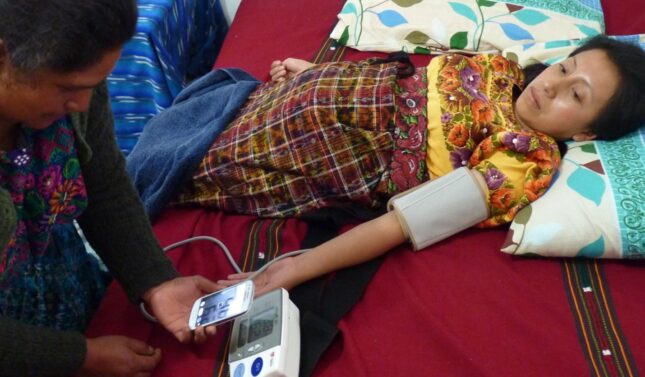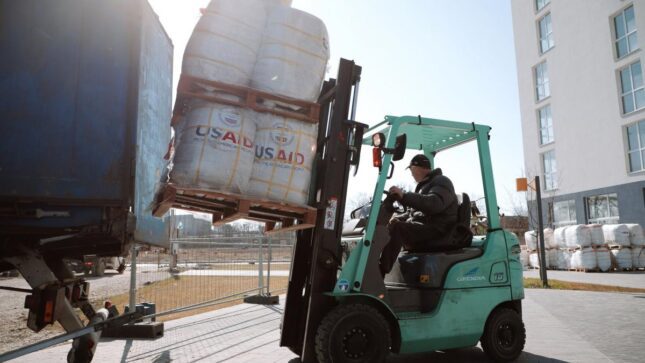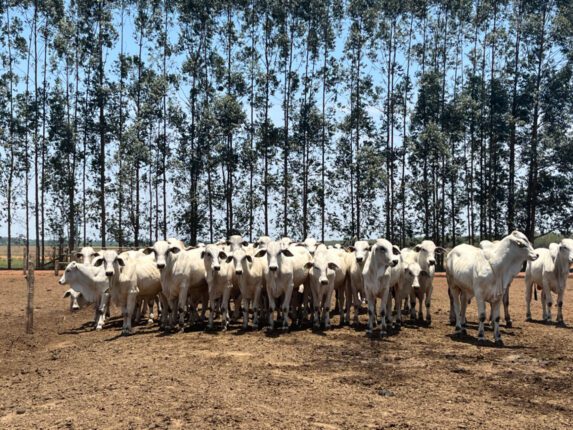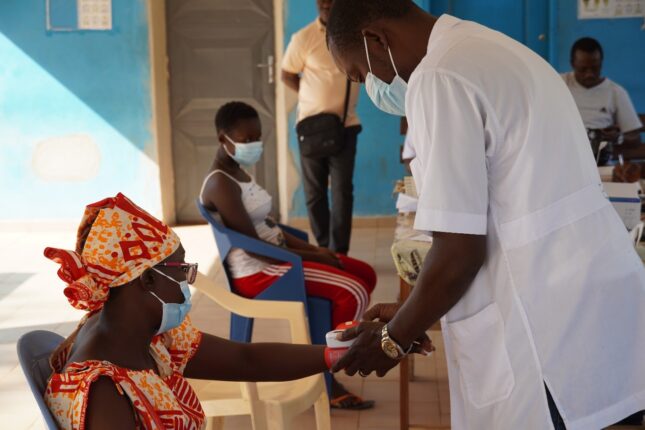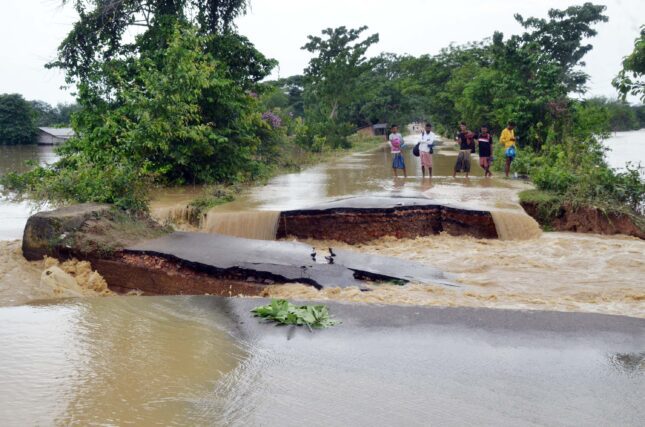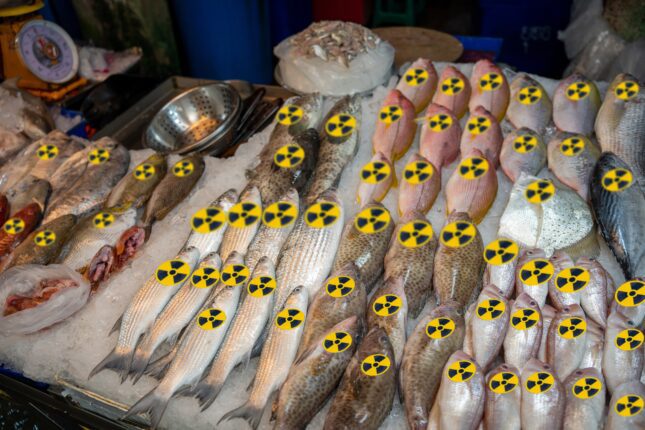-
A Commune in Rural Iowa Inspires Reform in China’s Countryside
›China Environment Forum // Cool Agriculture // Guest Contributor // January 18, 2024 // By Karen ManclA quiet agricultural community in east, central Iowa is a surprising place to learn about the evolution of communes in the United States. While a graduate student at Iowa State University, I first visited the Amana Colonies in 1979. The brick homes, the woolen mill, and the community kitchens were first built in 1855 by a group of German immigrants, forming the now oldest commune in the country.
-
AI in Community Care: Can Co-design Shift the Balance in Maternal Mortality?
›
We face a global crisis of maternal mortality that extends to untenable disparities within the United States. Yet too often, the populations most affected by such health disparities are sidelined in the creation of solutions to address them.
-
Make Room for Development Diplomats!
›
Tracking signs and signals is one of the hallmarks of foresight professionals. They are always on the prowl for novel products and technologies that promise to change the world. Sustainable aviation fuel made from biomass or non-biological sources like CO2 is one innovation on their radar. The increasingly popular generative AI technology is another, especially since its proponents claim it will revolutionize early disease detection, unleash new forms of creative arts, transform engineering, and reshape architecture.
-
ECSP Weekly Watch | January 8 – 12
›
A window into what we are reading at the Wilson Center’s Environmental Change and Security Program
Loopholes in the UN Climate Plan?
Climate negotiators’ pledges to address climate change at the U.N. conference in Dubai by committing to limit global warming to 1.5 degrees Celsius and achieving net-zero greenhouse gas emissions by 2050 may be less solid than they appear. Scientists argue that these promises lack clear definitions and are filled with loopholes.
-
Is the Chinese Market Hungry for Carbon-Neutral Beef?
›
Days before Brazilian President da Silva Feb visited China in late March 2023, China resumed its beef imports from Brazil after a temporary ban due to an earlier discovery of Mad Cow Disease. Brazil quickly bounced back as the top exporter of beef to China, a country hungry for it. With the continuous growth of China’s economy, population, urbanization, and increasing income levels, there has been an increased demand for high-protein foods. Among these, beef has become a highly sought-after delicacy. Since 2012, China has transitioned from a net exporter to a net importer of beef, primarily relying on countries like Brazil.
-
Lessons from the COVID-19 Pandemic Can Help Achieve Health for All
›
“The [COVID-19] pandemic, as all of you know, severely disrupted essential health services in countries around the world, and it left many health systems reeling from the drain on resources,” said Nidhi Bouri, Assistant Administrator for Global Health at the United States Agency for International Development (USAID) at a recent Wilson Center event to assess lessons learned in coping with the stressors created by the global health crisis.
-
Before the Flood: Lessons from Attempts to Predict Displacement
›
Severe flooding is a major cause of human displacement. According to the latest annual report by the International Displacement Monitoring Centre, around 61 million people were forced to move within their country of residence during 2022 due to conflict or disasters. More than one quarter of these—19.2 million people—were displaced by floods.
-
“Radioactive Fish” and Geopolitics: Economic Coercion and China-Japan Relations
›
On the same day Japan began wastewater releases from the Fukushima nuclear power plant in late August 2023, the website of China’s customs agency announced the country would “completely suspend the import of aquatic products originating from Japan.”
 A Publication of the Stimson Center.
A Publication of the Stimson Center.


